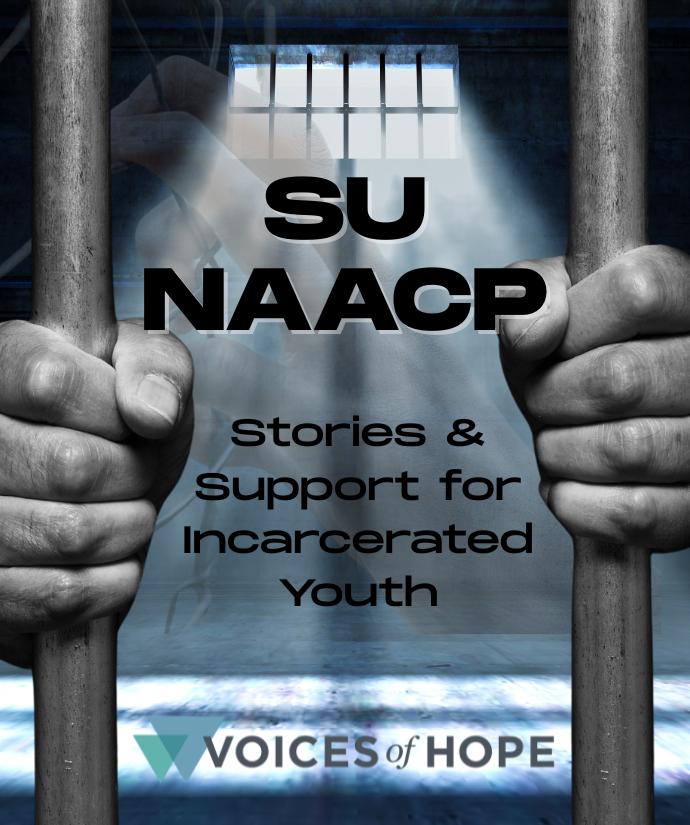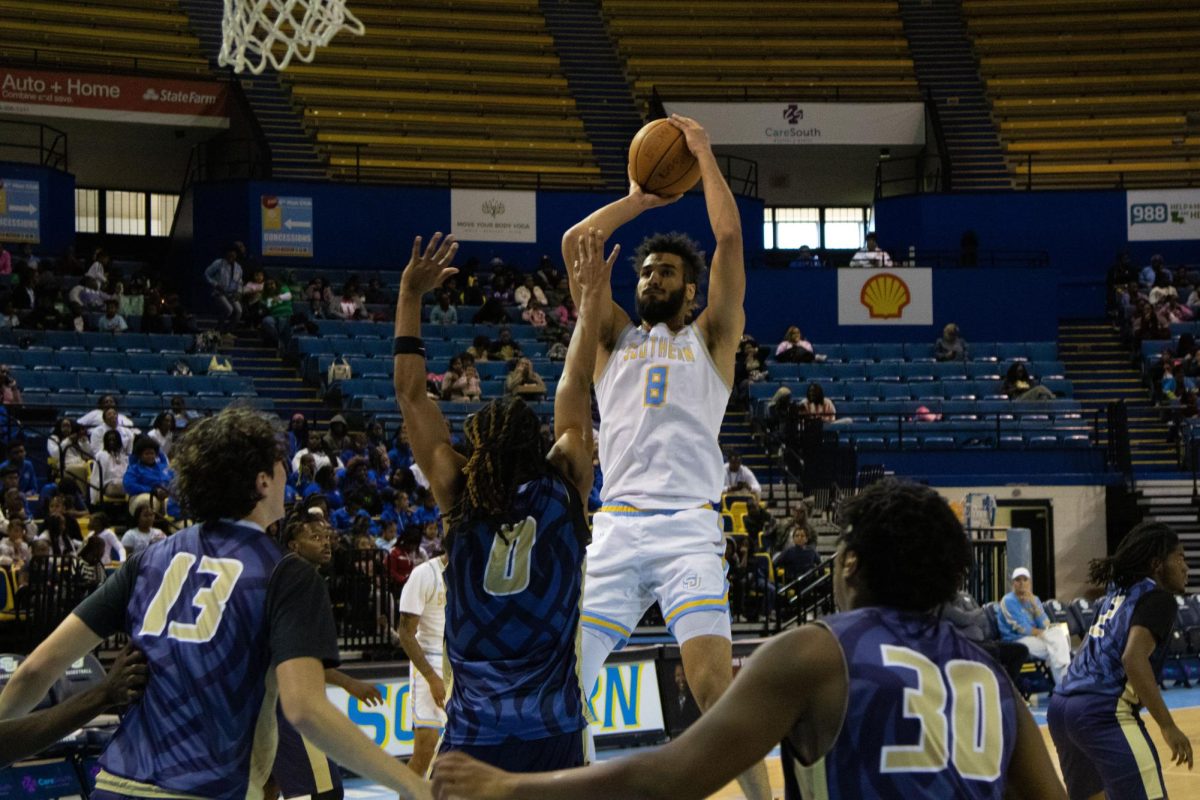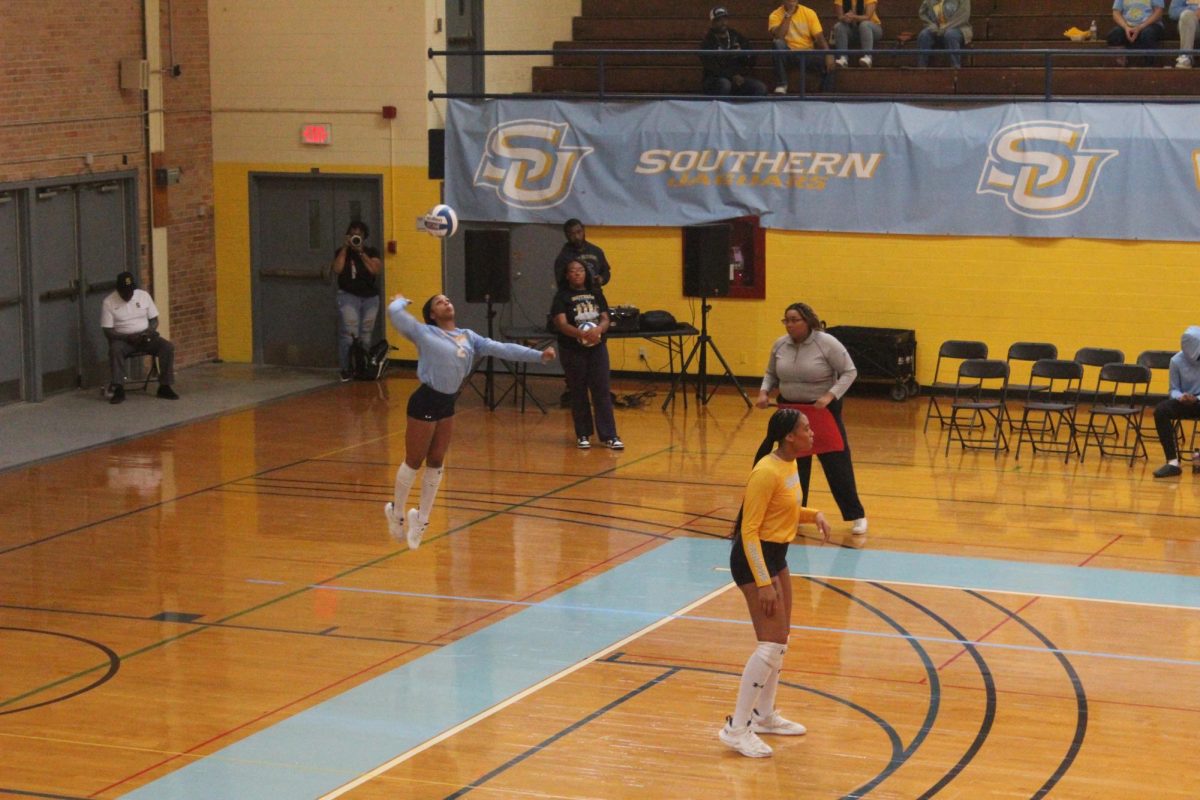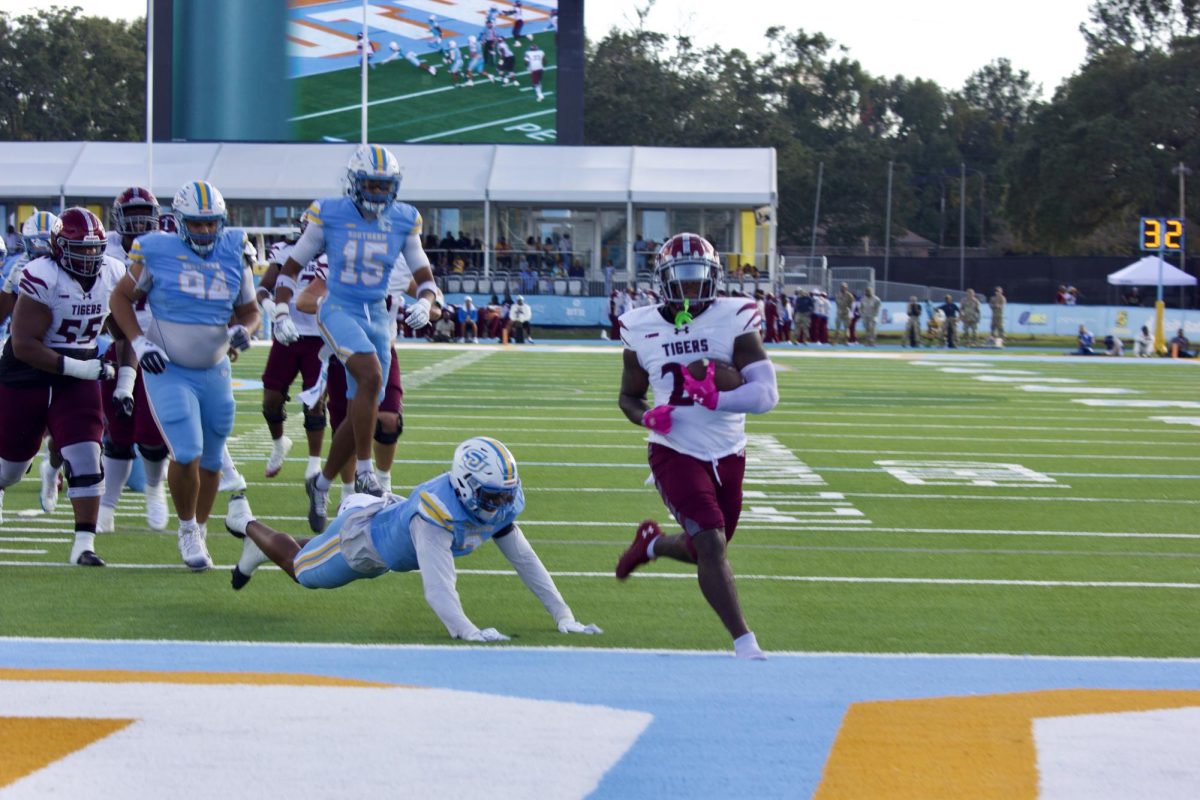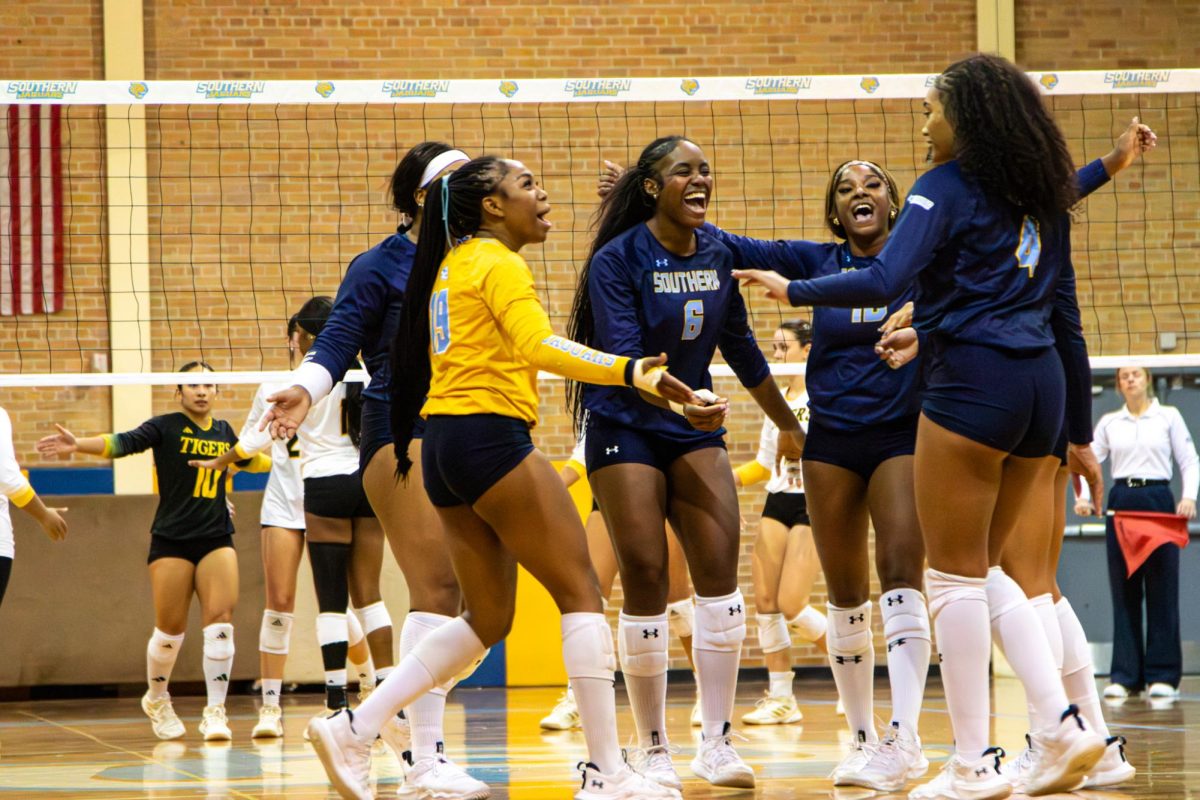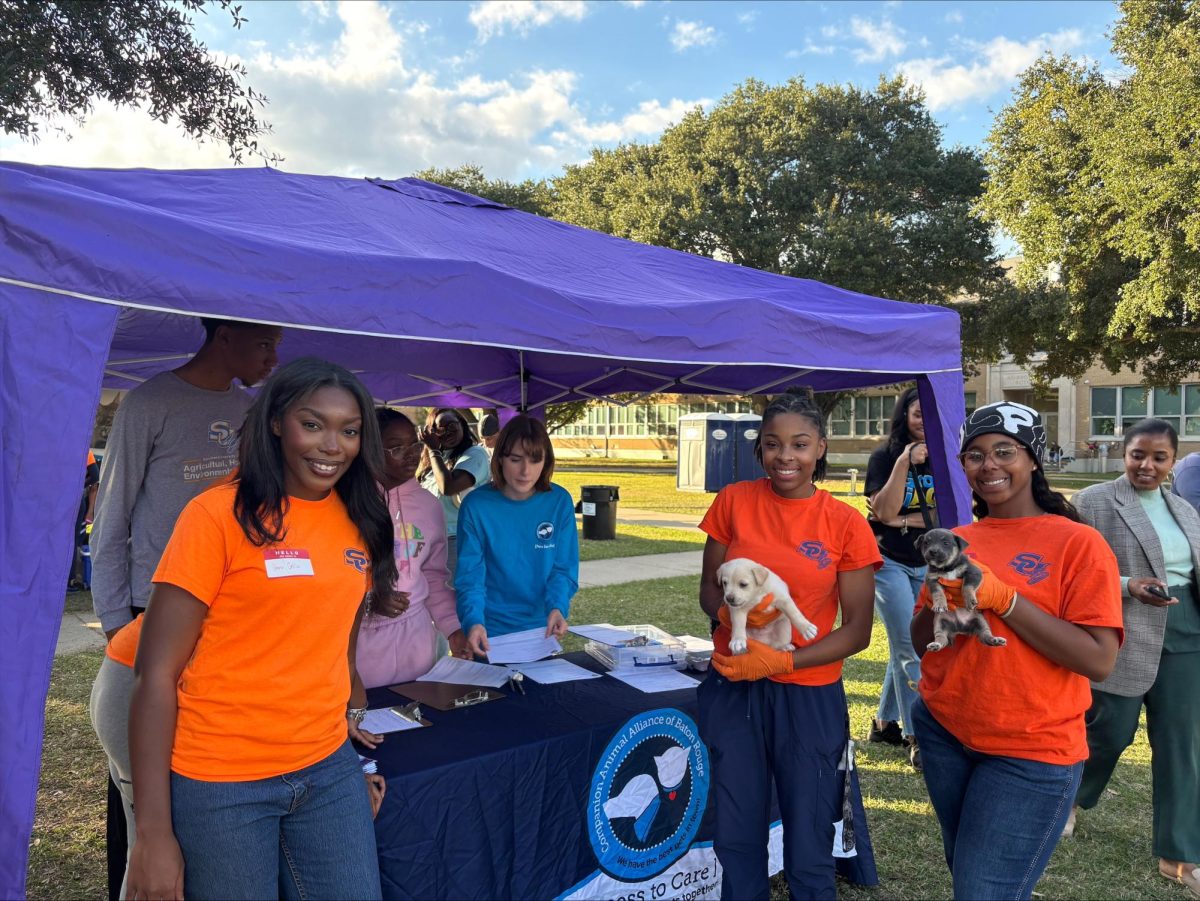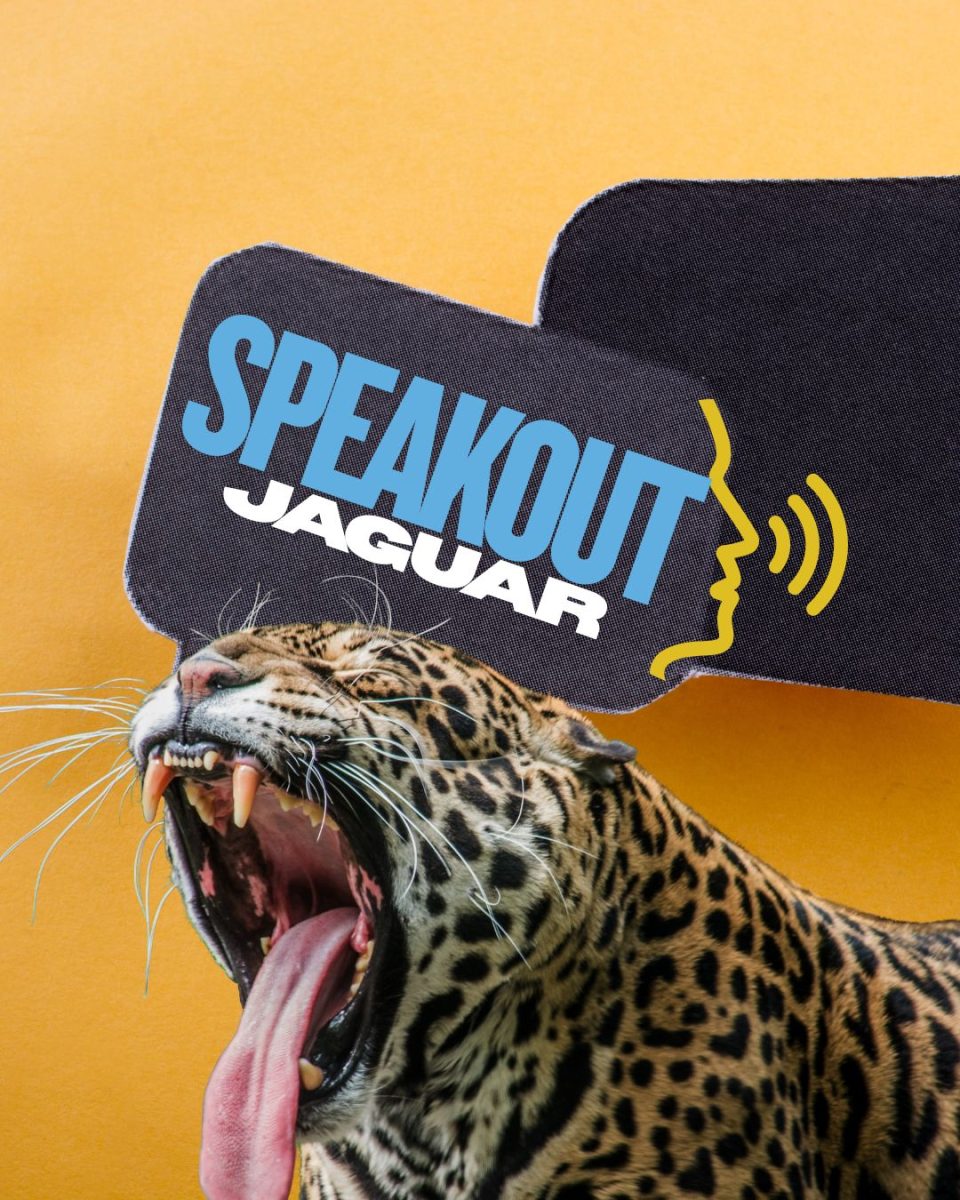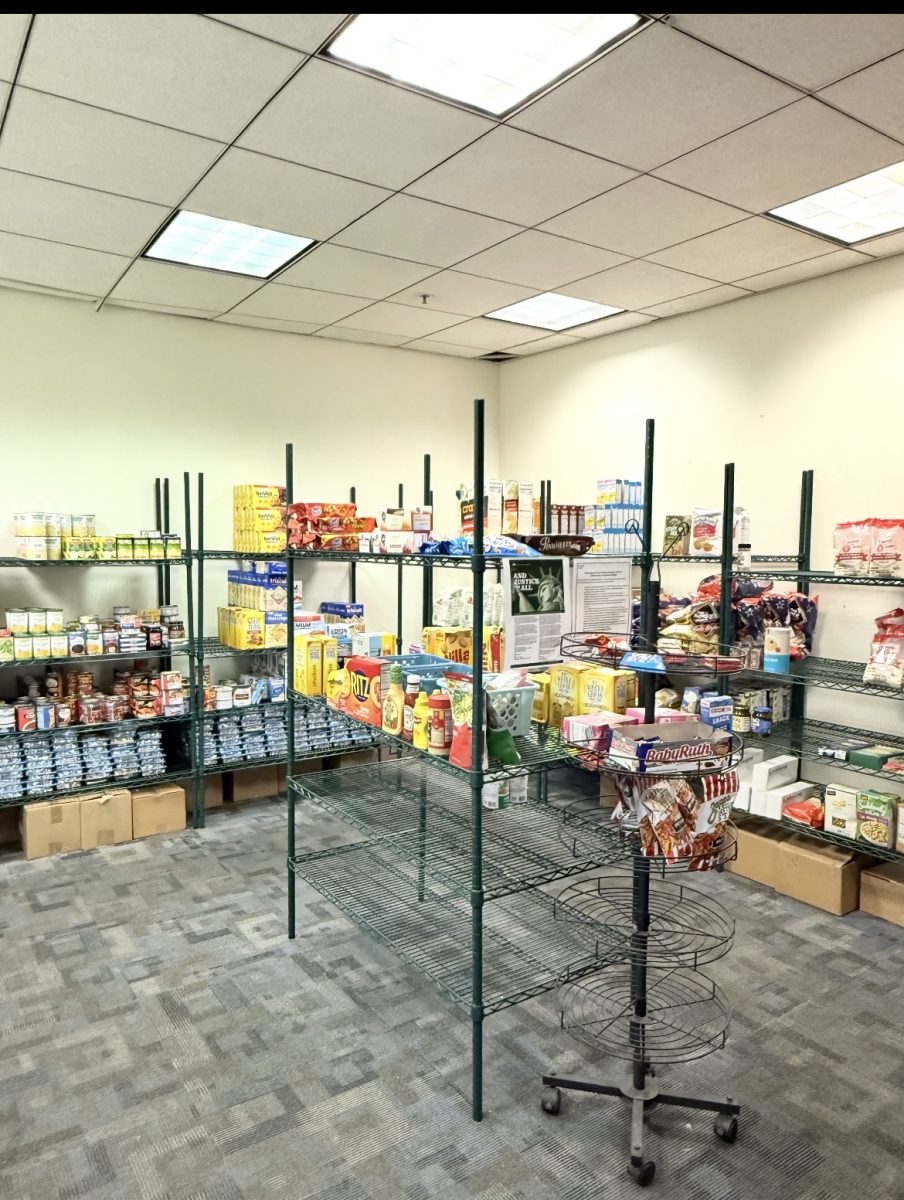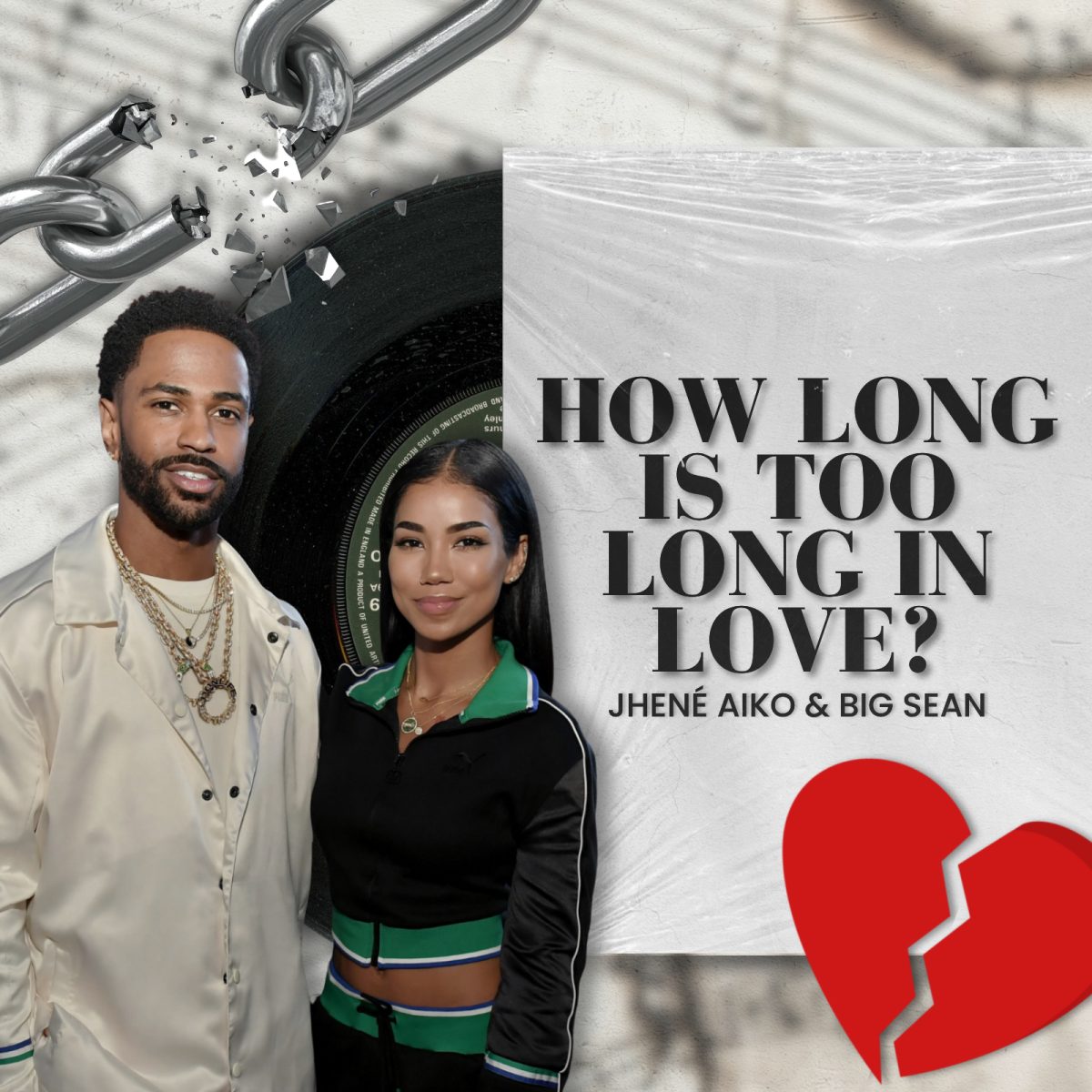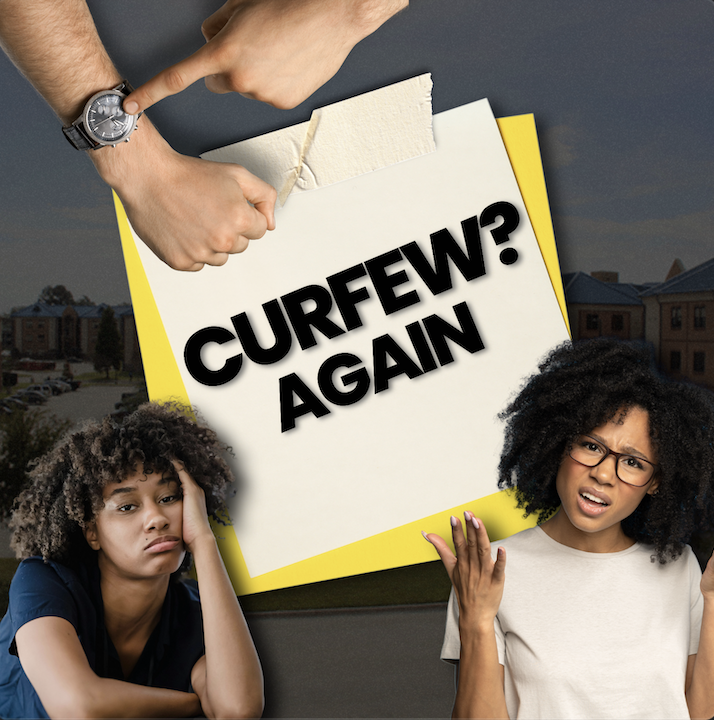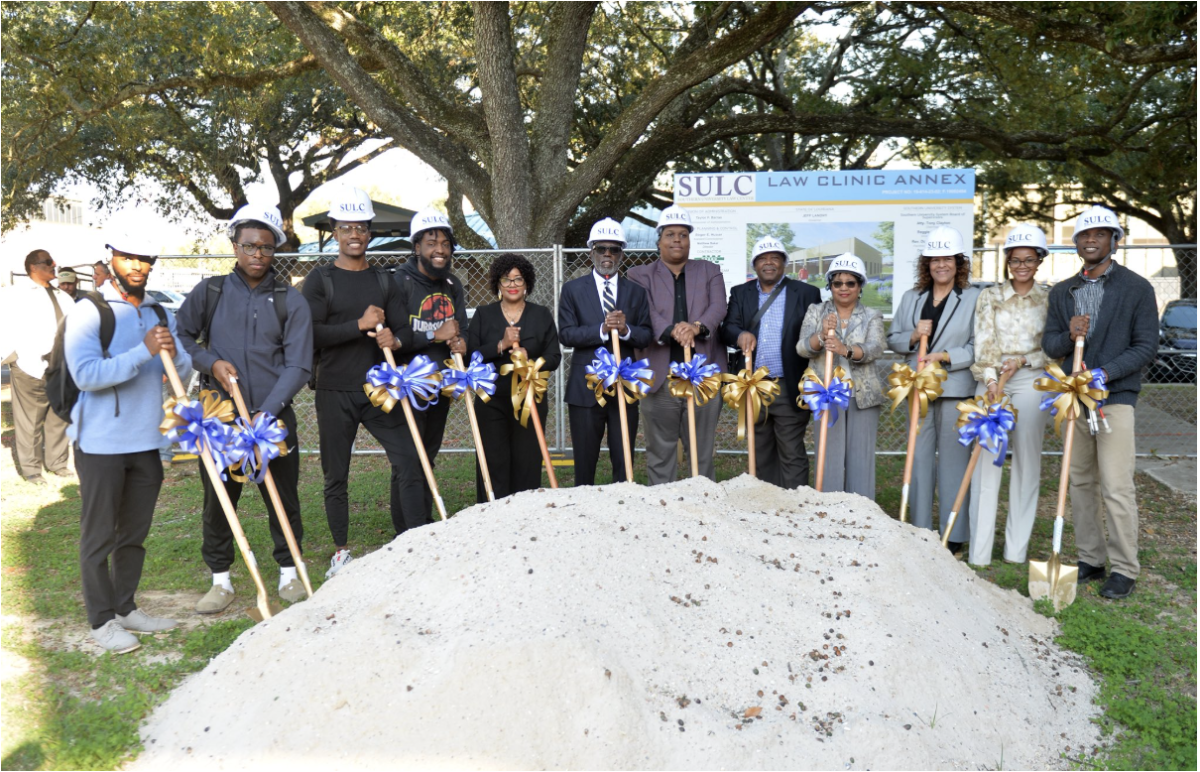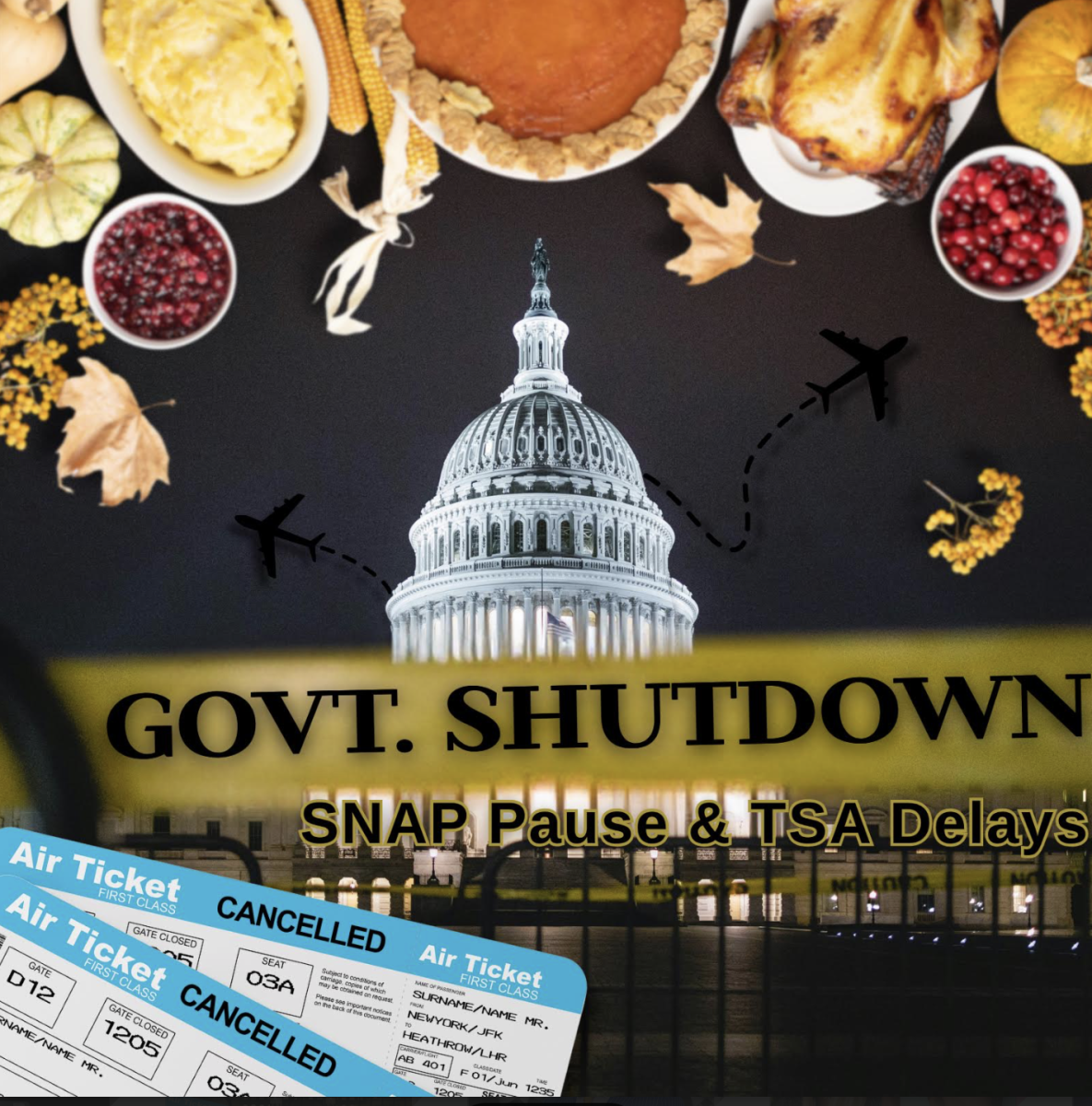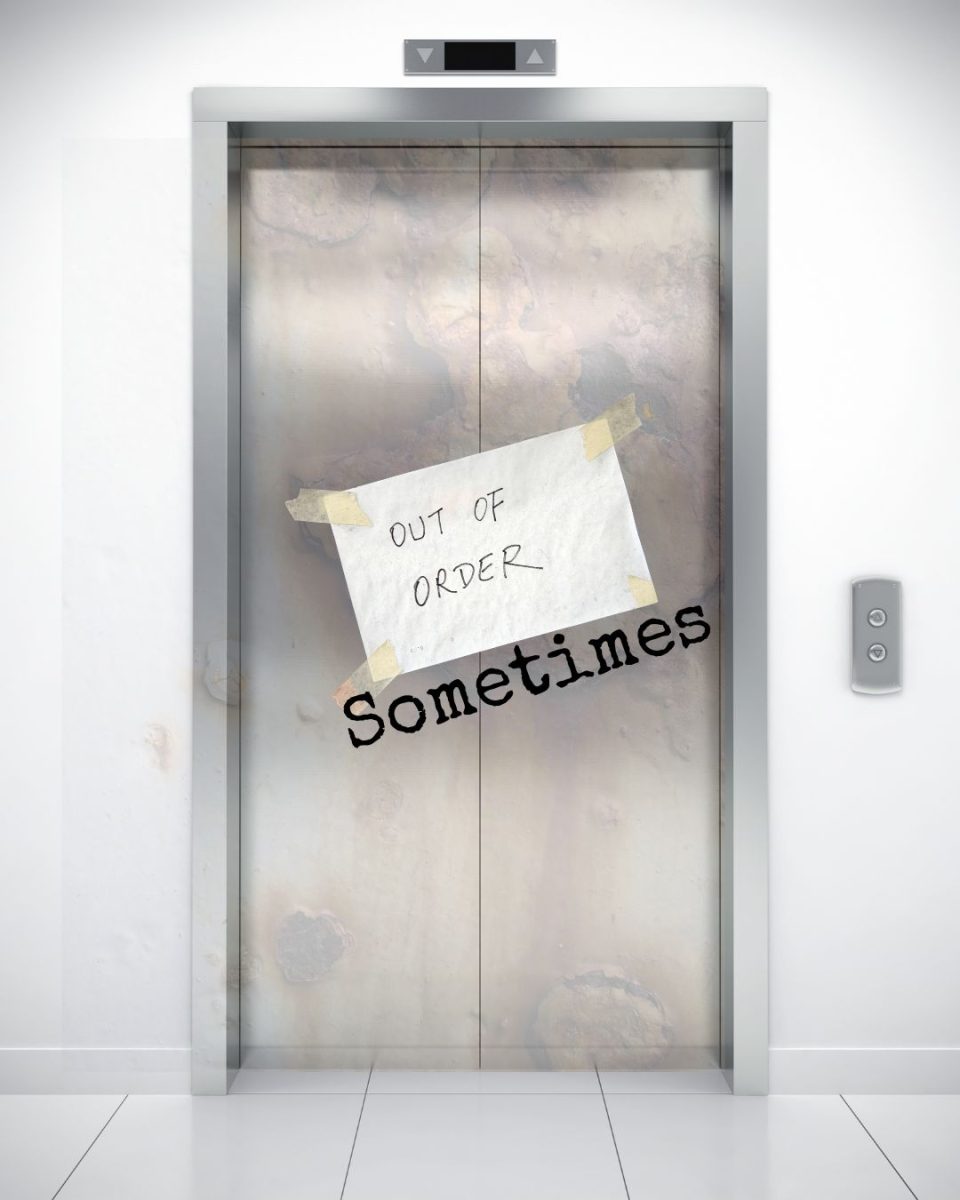A report by the national non-profit Human Rights for Kids has recently discovered that the degree to which the United States punishes crimes committed by kids dispares severely from international standards, calling the mass incarceration of children as adults. With youth incarceration rates that double the national percentage, Louisiana contributes to “one of the largest government-sanctioned human rights abuses against children in the world today.”
The Coalition for Juvenile Justice notes that 41% of incarcerated young people are Black, despite composing only 15% of the adolescent population.
In an effort to bring awareness to such atrocities, the NAACP hosted a viewing of the documentary When Young Kids Do Hard Time, which chronicled the happenings of Pendleton Juvenile Correctional Facility located in Indiana. The 40-minute film portrayed personal accounts of inmates, including hearings conducted to determine their release.
The film also documented the responsibilities of facility guards and staff members, which spectating students agreed added implicit bias to the documentary’s message. Nonetheless, the lively exchange of thoughts following the viewing depicted an improved consciousness regarding the issue. Zion McCann, freshman business marketing major, expressed, “Watching this documentary taught me more about what has gone on in detention facilities; hearing about it and seeing it are two different things. It puts into perspective how severe the conditions are.”
Adekunle Ajayi, junior criminal justice major and Juvenile Justice Chair of the NAACP “The overall purpose of this event was to shine light on how juveniles in detention centers are overlooked heavily. Detention centers don’t often possess the tools necessary to help them. With this event, I wanted to showcase to students what actually goes on in detention centers.”
Supporting his belief that all young adults should participate in some form of mentorship, Ajayi is also a participant of a mentorship program for at-risk youth, which works to expand the horizons of opportunity for incarcerated youth.
With this more comprehensive perspective, participants were encouraged to write letters to the young people of the Juvenile Justice Intervention Center in New Orleans. When asked about the writing experience, Faith Alexander, sophomore political science major, shared, “It came naturally. I wrote what I felt I would want to hear when I’m struggling. Even though people mess up, I want them to know that they aren’t defined by the challenges they face and failures they may have endured.”
Criminal justice journalism nonprofit, The Marshall Project, contains more information about youth incarceration disparities and experiences, including first-hand accounts of juvenile detention centers. Look out for more upcoming NAACP events on their Instagram page, @sunaacp.
